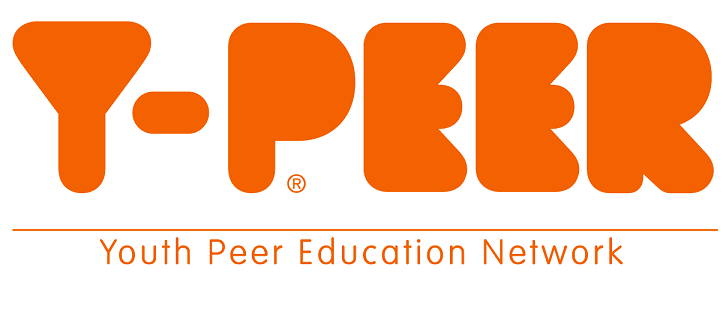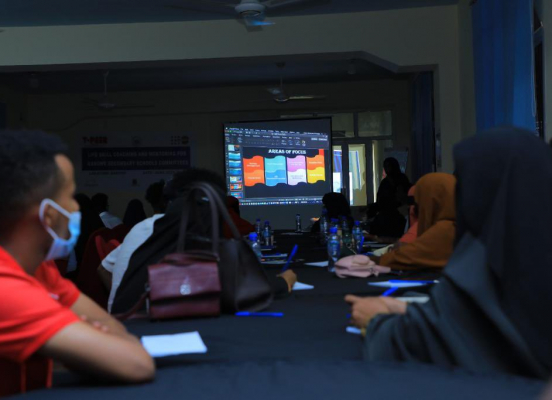About
Y-PEER SOMALIA is non-governmental organization and global network and also an active member of Global Youth Peer Education Network, the organization’s set up was initiated by UNFPA who saw the need for and potential in a youth network. Following training of trainers (TOT) in 2008, UNFPA mobilized 28 representatives of youth organizations country-wide to form the network. That was in 2009, then referred to as Youth Peer Education Network, Puntland (Ypeer), got officially registered with authorities in Puntland as a community based non-government organization. After long period of impactful interventions, the network expanded to other parts of Somalia and changed its name as to Somali Youth Peer Education Network.
We believe proven health and education needs to be taught using peer to peer approach. Some topics such as those on sex education can easily realize their objectives through peer-to-peer education. Y-PEER undertakes its work guided by evidence-based research and multi-stakeholder engagement.
The network’s goal is aimed at developing young people’s knowledge, attitudes, beliefs, and skills and at enabling those to be responsible for and to protect their own health and environment to sustain their livelihoods as well as the natural resources. Of equal import, youth are a vital player in leadership. It is therefore paramount that they are nurtured and given the space to participate in governance structures, processes and institutions. This is particularly so, because they are the future leaders, and their political participation ensures that they are part and parcel to decision making process. The Development of the entire country can only come about if and when youth work in concert and with other actors for common good.
Y-PEER SOMALIA endeavours to deliver satisfactory benefits to the entire society with focus on the most vulnerable groups.
Vision
To “A Somalia with Vibrant, Healthy and Knowledgeable Society”
Mission
Y-PEER Somalia empowers youth by enhancing their skills, education, and awareness on livelihoods, health, and the environment, while promoting active participation in decision-making.

